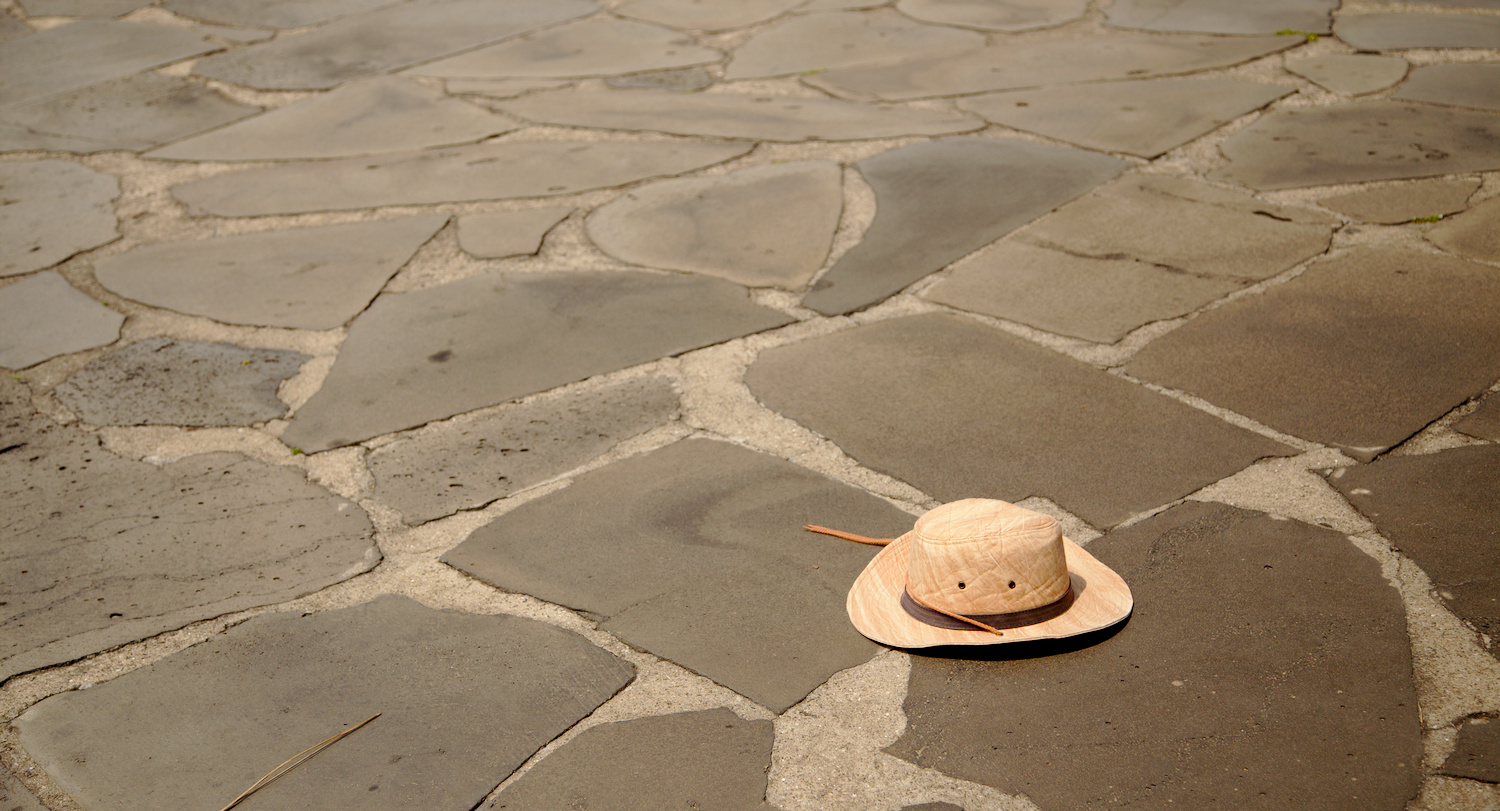By Mailé Nguyễn, a first-year ETA in Gumi
When wetting a brittle sheet of rice paper for a spring roll,
it doesn’t need to be soaked until it gets soft. The sheet can be taken out of the water while it’s still damp because it will get soft with time, as the fillings are added.
No one taught me this, I figured it out on my own.It’s easier to get soft with time.
The first time I made spring rolls was when I was a junior in college. Despite being born in Vietnam, where gỏi cuốn can be found in any restaurant or on any kitchen table, I had never learned how to make them. Being adopted at a young age transplanted me into a foreign country where I grew apart from my culture. My mother and father, the most kind-hearted people in my life, were more accustomed to traditional American fares. Thus, I had to do a lot of research about what ingredients to include in my spring rolls, how to wrap them, and the best sauce combinations. My heritage has always been something I’ve learned on my own.
After I perfected my technique, I invited my parents to my apartment to make spring rolls with me. Cooking together was a way we connected with my Vietnamese heritage as a family, even though my parents were still pretty bad at it.
“This one looks a little like something you’d smoke!” my mom laughed. Her first attempt at rolling the rice paper turned out more like a cigar, too thin and long. My dad was having the opposite problem; he made his too thick, making it impossible to keep all the vegetables in.
“Dad, you’re not making a burrito!” I joked. Before I left for Korea, my parents and I made spring rolls together as our way of saying goodbye.
It was autumn. Novelty was becoming a daily routine. I had been in Korea for over four months and my family in the States was feeling further and further away. In my homestay, I had finally reached a point where I was comfortable cooking in the kitchen—confident in my ability to find all the tools I needed and not disturb my host mom.
As many times as I’ve traveled, I had never felt homesickness before. I used to boast that my quiet Midwestern town would never change, so there was no point in missing it. I realized I took familiarity for granted. One night, my sadness was so heavy that my hands didn’t feel like mine. My mind was separating from my body, and I needed to bring it back to Earth. I needed to bring a piece of my old home into my new home. I resolved that during the weekend I was going to make spring rolls.
I scoured the aisles of Homeplus, desperate to find every ingredient. I prefer my spring rolls fresh, as opposed to fried, so crisp vegetables and herbs are critical. Luckily, most of the ingredients were easy to find. But, devastated, I couldn’t find cilantro. The refreshing kick of cilantro is what separates fresh spring rolls from the frozen spring rolls commonly found in college dorm refrigerators. I was disappointed to discover that many Korean people don’t like the pungent taste.
“Do you want me to send you some dried cilantro?” my mother asked me over the phone. During a video call with my parents, I had shared my grocery store defeat. I said sure, even though I knew it wouldn’t be the same. I can’t sprinkle dried cilantro into my fresh spring rolls.
No. Cilantro was not something I would sacrifice. Still slightly uncomfortable asking my host mom for favors, I asked her if she knew any place that sold cilantro in our town.
“Cilantro?” she looked at me confused. The online translator was not helping. I tried to search for the word “cilantro” and “coriander,” but only got Konglish translations. I tried googling a picture.
“Ah!” My host mom raised her hands in recognition. “Go soo.” “Perfect!” I exclaimed. A new piece of the puzzle had been solved. “I think it will be difficult to find,” my host mom said. I couldn’t catch a break.
I came home one afternoon two weeks later and my host mom appeared from our kitchen.
“I found cilantro!” she smiled, pulling two packs from the fridge. I was ecstatic. “Where did you find these?” I opened them up, thinking I could smell the potent flavors I knew and loved, but remembered that they only smelled like cold leaves.
“I found them at Homeplus, but I really had to look,” she said. My host mom is the best, no contest. I felt like a child who insisted they couldn’t find their favorite toy, and believed their mom to be a witch when she emerged from their messy room having unearthed the lost object.
“It’s spring roll night!” I danced into my bedroom to grab the rice paper. I had stored them there when I had returned from my unsuccessful quest to find cilantro.
My host mom watched with amusement as I flitted around the kitchen, chopping the vegetables, preparing the noodles, frying the tofu, and assembling my sauce station, just like I had done back in the States.
“Seonsaengnim mwo he? What is teacher doing?” my host brother asked his mother. She explained that I was making Vietnamese food from back home. Cooking for me is a type of meditation. I prefer to do it when I’m alone, thus they had never seen me so active in the kitchen. They both watched as I dipped my first rice paper into the pot of warm water I set out on our kitchen table. I explained to them that I used to soak the rice paper, forcing it to softness, until I learned that the rice paper will get malleable as the fillings are added. I rolled the vegetables, tofu, and cilantro into a tight cylinder, as I had done many times back in my old home.
“Wow!” my host brother looked on in amazement. He’s easily amused and not very good with his hands, always dropping silverware when we eat dinner together. Like most elementary school boys, he’s not the biggest fan of vegetables, but he wants to visit Vietnam because one of his friends from school visited last summer. When his mom told me this, I laughed, imagining my host brother asking his mom to buy tonkatsu—his favorite food—while surrounded by all of my favorite Vietnamese dishes. He’s a particularly picky eater, preferring chicken nuggets to anything green. I knew he wouldn’t like the taste of cilantro, but I was touched that he was curious about my culture.
On the other hand, my host mom is good at absolutely everything she tries. “I don’t actually cook much,” she admitted to me during my first month of living with her. “My mom does most of the cooking,” she said, referring to my host grandma that would visit our apartment a couple times during the week. But she was being humble. During one of our dinnertime conversations about how hard it is being a vegetarian in Korea, I had mentioned offhand that I missed veggie burgers from back home more than anything. A couple weeks later, she surprised me by serving veggie burgers she had fashioned out of mock bulgogi.
Everything my host mom does, she does with a close attention to detail and with grace. She is selfless and kind, and I’m so happy to have a new home with her and my host brother. She went out of her way to find cilantro for me, and my heart is always softened by her continued generosity.
As I wrapped my spring rolls, I looked over to her and asked,
“Would you like some?”



